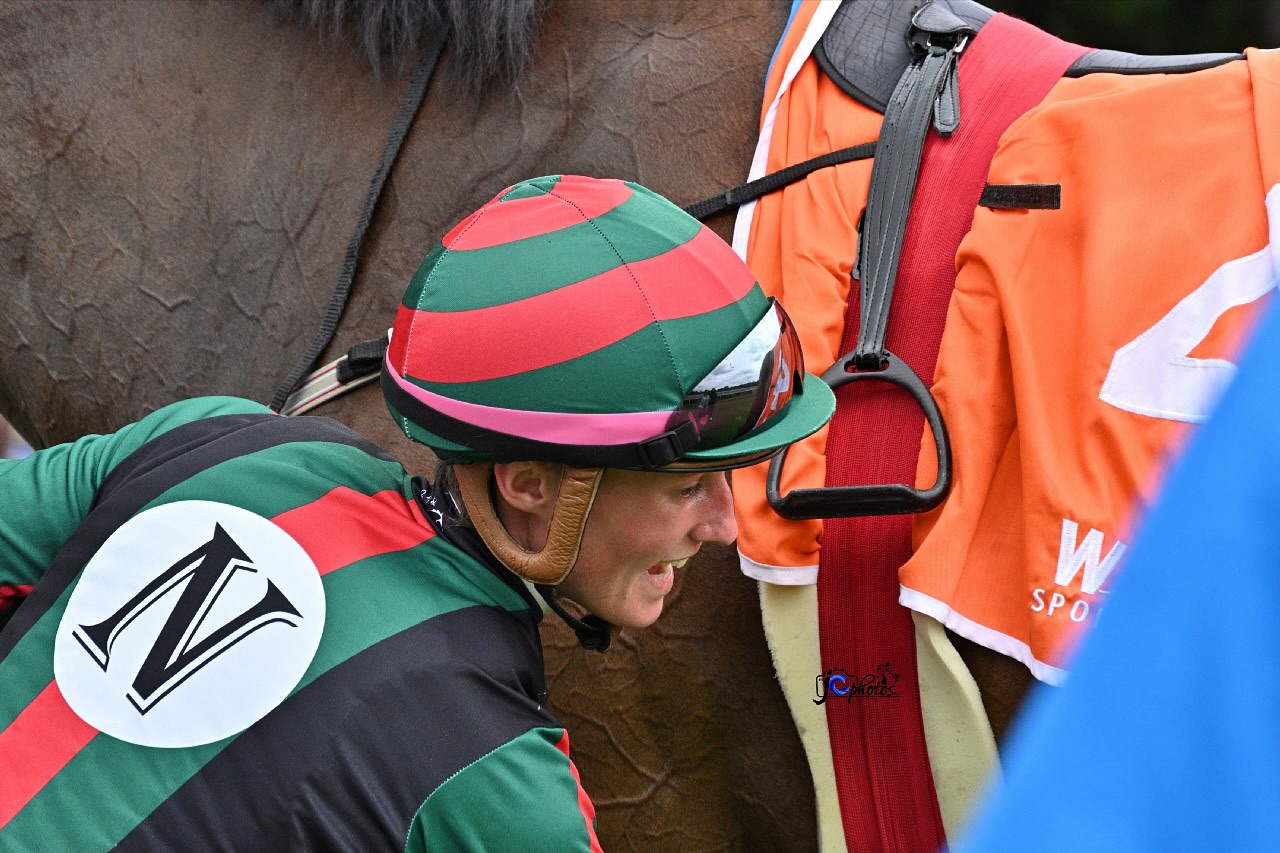The threat of a labour strike that threatened Saturday’s J&B Met day is probably a sad indictment on the lack of genuine transformation in this industry. Creative window dressing looks to be a thing of the past, as the cry for recognition from a much maligned sector grows louder every day.
While you have probably never heard of them, the South African Grooms Association is the representative body of South African horsemen working with racehorses. It is not known exactly how many grooms are members, but the organisation is not recognised by the National Horseracing Authority.
The social and moral issue of regularising the role of grooms in the South African horseracing industry is one of the biggest challenges to face the sport across the board. Despite this, the racing operators have taken the rather simplistic , albeit technically correct view, that grooms are employed by racehorse trainers.
In what appears a desperate reaction to the threat after years of dithering and avoiding the issue, a public meeting was hastily convened for Tuesday 5th February at 14h00 at the offices of the National Horseracing Authority in Johannesburg. A delegate from the Minister of Trade and Industry’s office was scheduled to be present.
But in a dramatic development as we went to print, the National Chairperson of the SA Grooms Association, Chophelikaya Simoto, said that the National Horseracing Authority had requested at the eleventh hour that the meeting be postponed, as their CEO was on leave.
An appeal to the Gambling Board had then resulted in the meeting being moved to their offices. Simoto however was shocked when told that the grooms would be requested to ‘remain outside’ and not participate in the discussions. The situation was unclear with under an hour to go to the meeting.
A press release issued on Thursday last week threatened that grooms would stay away from work on one of South Africa’s premier racedays. Had this transpired, the results would have been crippling with major knock-on effects.
In an interview with the Sporting Post on Friday, Simoto said that the racing authorities had been ‘ducking and diving’ since 2005 and in November 2011 the Minister Of Trade and Industry had intervened.The National Gambling Board was then mandated to facilitate negotiations between the National Horseracing Authority and SAGA.
Simoto added that while his members appreciated that the wheels of bureaucracy turned slowly, little had been done and it was decided to implement strike action.
“ We are tired of being victimised and abused by the industry because we are not educated and we are poor. We watch rich people’s horses and look after their important horses during big races where they invite other rich people. They fail to cater for the people looking after those horses. Horses are more important than the people who look after them,” said Simoto.
Their demands include a request for a Recognition Agreement and better working conditions. They also queried the whereabouts of R17 million of grant funding, given to grooms for housing , and which has effectively been absorbed into industry coffers.
Serious allegations have followed this matter for years, with no authority willing to be quoted in the public domain. SAGA has also demanded the cancellation of an eviction notice served recently on Gauteng trainer, Ian Jayes.
While the South African racing media has been silent on the issue, the strike threat received widespread in daily newspapers and on radio. The Cape Argus reported that race organisers said that trainers were putting contingency plans in place last Friday to ensure that all 150 horses racing on Met Day would be taken care of by alternate grooms. They also said that in response to the boycott threat, Phumelela’s Patrick Davis commented: “We were not aware of this, but the trainers will be putting back-up plans in place.”
Davis also stressed that it was the trainers who employed grooms, and not the race organisers. The Cape-based Chophelikaya Simoto said that he was looking forward to having an opportunity to be heard in a structured environment.
“We do not want to bring the industry to its knees as we earn our living from it. But fair is fair. Owners, trainers, breeders and jockeys have their associations. Nobody recognises the groom and people have got to realise that this is South Africa in the 21st century,” he said.








